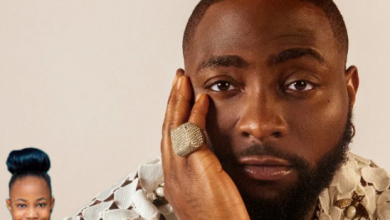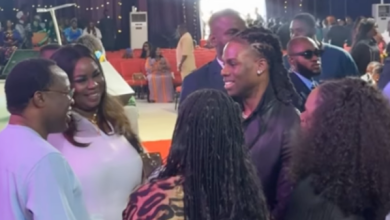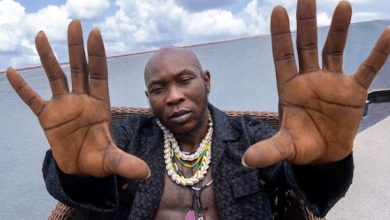NTDA, Bayelsa community advocate corporate support for local festivals

The Nigerian Tourism Development Authority (NTDA) and the Odi community in Bayelsa State have called on corporate organisations to invest in indigenous cultural festivals to promote heritage preservation and stimulate economic growth through tourism.
The appeal was made on Wednesday in Lagos during the Pre-2026 Festival Media and Marketing Luncheon organised by the Odi Ogori Ba Uge International Festival Committee.
The meeting, which drew stakeholders from the tourism, media, and cultural sectors, focused on developing partnerships that would enhance the global visibility and financial sustainability of local festivals.
Director-General of the NTDA, Mr. Olayiwola Awokan, represented by the agency’s South-West Coordinator, Mrs. Alice Akinsola, said that Nigeria’s diverse festivals hold untapped potential for revenue generation and national branding.
“Tourism is one of the sectors that can sustain this nation,” he said. “Festivals like Odi have cultural, social, and economic value.
”What we need now is for brands and communities to work together to repackage them for global audiences.”
Awokan urged communities to explore innovative marketing strategies and digital promotion tools that would attract both local and international visitors.
He emphasised that the private sector and the media must play key roles in documenting, promoting, and preserving Nigeria’s cultural heritage.
“No foreign media will tell our story for us.
“If we begin now to create social media content that showcases our festivals, we will connect with younger generations and secure the future of our culture, ” he said.
Chairman of the Festival Planning Committee, Dr. Ebi Udisi, said the luncheon was part of efforts to attract corporate sponsorship and transform the Odi Ogori Ba Uge Festival into a major international tourism event.
He described the festival as a celebration of courage, community unity, and cultural identity, commemorating the slaying of a supernatural buffalo that terrorised the Odi people in the 1950s.
“The buffalo tormented our community for five years, attacking only residents and sparing travellers until it was finally killed.
“Since then, Odi has celebrated this victory annually on July 27, marking 68 consecutive editions this year with over 100,000 visitors in attendance, ” he said
Beyond its mythology, Udisi said the festival also reflected the community’s resilience and creativity, showcasing traditional crafts, fishing, and farming activities central to Odi’s cultural life.
He disclosed that the community is developing a heritage museum to preserve artifacts, relics, and oral histories associated with the festival, including the story of the buffalo.
“The entire Odi community is a living tourism site,” he said. “We have preserved key historical locations, such as where the buffalo was burnt and the church where it first appeared.
”These are powerful heritage landmarks that deserve global attention.”
Udisi explained that the organisers aim to reposition Bayelsa State as a cultural tourism destination in the Niger Delta, using the Odi festival as a flagship event to attract investment and promote inclusive development.
He said the committee was in talks with public and private sector stakeholders to build long-term partnerships for festival infrastructure, marketing, and youth engagement.
“We want to showcase Odi to the world and demonstrate that culture is not just about entertainment but also about identity, economic empowerment, and sustainability,” Udisi said.
He emphasised that corporate participation would not only promote brand visibility but also contribute to community development and cultural preservation.
Awokan and Udisi both underscored the need for consistent media involvement in promoting Nigeria’s indigenous heritage.
They called on journalists, filmmakers, and digital creators to tell authentic African stories through creative documentation and storytelling.
“If we control our narrative, we can attract the world to our culture instead of waiting for others to interpret it for us,” Awokan said.
Stakeholders at the event agreed that Nigeria’s festivals if properly branded and supported, could generate employment, strengthen social cohesion, and boost the country’s image as a vibrant cultural hub.



